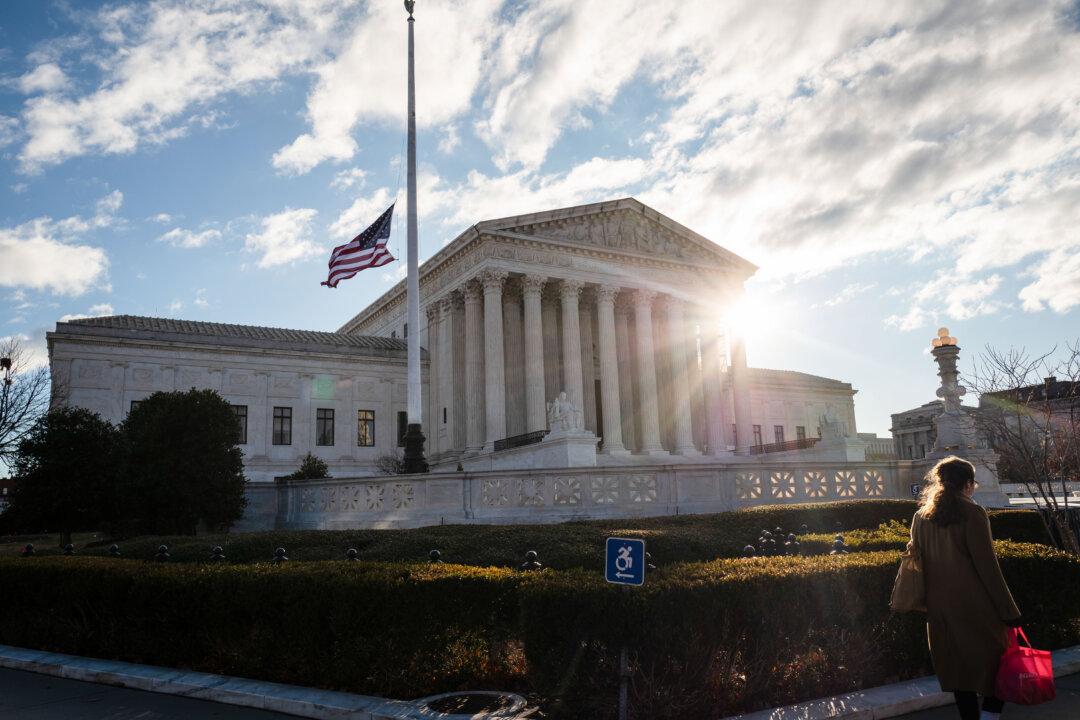The U.S. Supreme Court has agreed to hear the federal government’s appeal of a lower court ruling halting the expansion of defenses that student loan borrowers can use to contest repayment.
An association of colleges challenged the U.S. Department of Education’s rule setting the procedures that student borrowers can follow to establish that they were defrauded by the schools they attended and thereby qualify for student loan forgiveness. Some borrowers claim that schools defrauded them by using unethical recruitment tactics or by advertising exaggerated post-graduation job placement figures.





